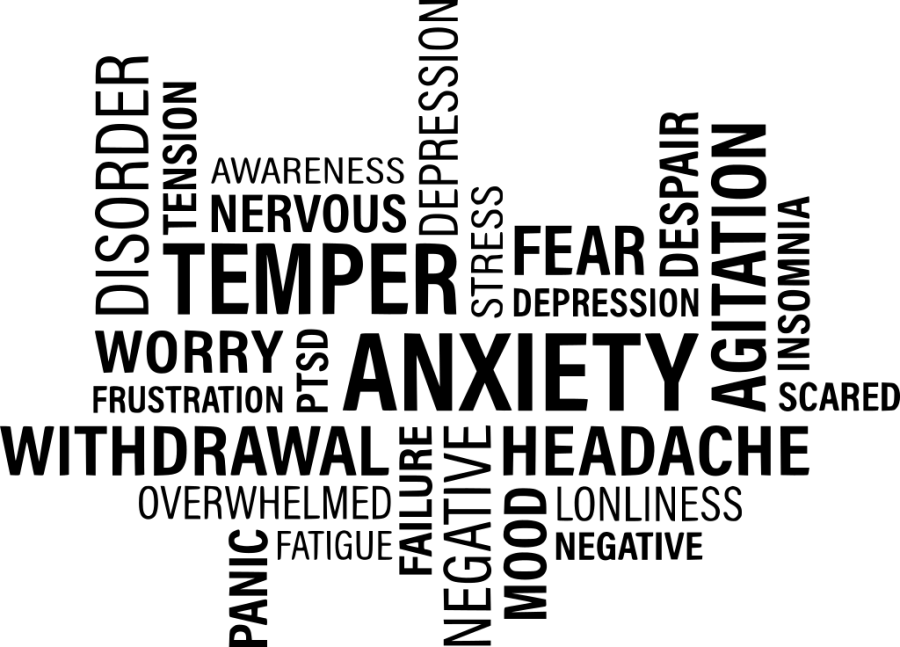Blog

Blog
Call us today for a free initial consultation on 0800 772 0341
Focus on good mental health in the workplace
Published 07 February 2022

It is fair to say Prince Harry can be considered a divisive figure, but did he actually have a point when he said employers should care more about the mental health of staff?
Shortly before the global pandemic led to lockdown restrictions first being imposed, analysis by Deloitte, found poor mental health costs UK employers up to £45 billion each year. [1 cited 7.2.22]
It was a rise of 16 per cent since 2016 - an extra £6 billion a year.
But caring about the mental well-being of staff should not just be about the bottom line.
All employers have a duty of care to their employees. It means they should take all steps which are reasonably possible to ensure their health, safety and mental well-being.
As a result of the pandemic, many people may have experienced mental health problems for the very first time. It may have been triggered by losing previous jobs once thought to be secure, financial problems, cost of living crisis or existing struggles being exacerbated.
The Duke of Sussex was talking to a personal coaching company when he emphasised the crucial role he believes employers can play in helping employees to take care of themselves [2 cited 7.2.22]
He is reported to have said: “From an employer perspective, you can’t expect people will put in work on themselves if you don’t give them the time to do it.
“When people focus on inner work, these people are better at work and are better at home,” he continued, adding that he knows from experience working and “as a husband [and] as a dad,” that “self-care is the first thing that drops away”.
The comments, typically, received a mixed response in being ridiculed and praised in different quarters.
The suggestion by Prince Harry that employers consider giving staff ‘me time’ to aid their mental well-being is unlikely to be feasible in most workplaces.
ACAS, however, have published practical guidance that may work for many [3 cited 7.2.22].
It advises: If an employee has a mental health issue, it’s important their employer takes it seriously. For example, it’s a good idea to talk to the employee to find out what support they might need at work
The guidance adds: It’s helpful if employers create an environment where staff feel able to talk openly about mental health.
For example:
- treating mental and physical health as equally important
- making sure employees have regular one-to-ones with their managers, to talk about any problems they’re having
- encouraging positive mental health, for example arranging mental health awareness training, workshops or appointing mental health ‘champions’ who staff can talk to
The stigma that once surrounded mental health in the workplace is gradually being lifted.
It is a subject that is certainly now talked about more openly than it once was.
An employee can suffer poor mental health at any time, for any number of reasons.
Common mental health issues include stress (which is not classed as a medical condition but can still have a serious and detrimental impact on wellbeing), depression and anxiety.
A mental health issue can be considered a disability under the Equality Act 2010 [4 cited 7.2.22]
Some workers will readily accept they are struggling with poor mental health while others may be in denial. Employers should be supportive.
Managers should be trained and sufficiently aware of mental health to be able to intervene and offer support if an employee needs help.
Providing meaningful support for staff and taking proactive steps to raise awareness of mental health can be good for business. A mentally fit workplace can boost productivity and cut absenteeism.
A reputation built on success
If you're facing any of the issues in this article - or need guidance on disciplinary, grievance, or redundancy matters - call us today. Our expert Trade Union Representatives are available to represent you in crucial workplace meetings, with pay as you need support.